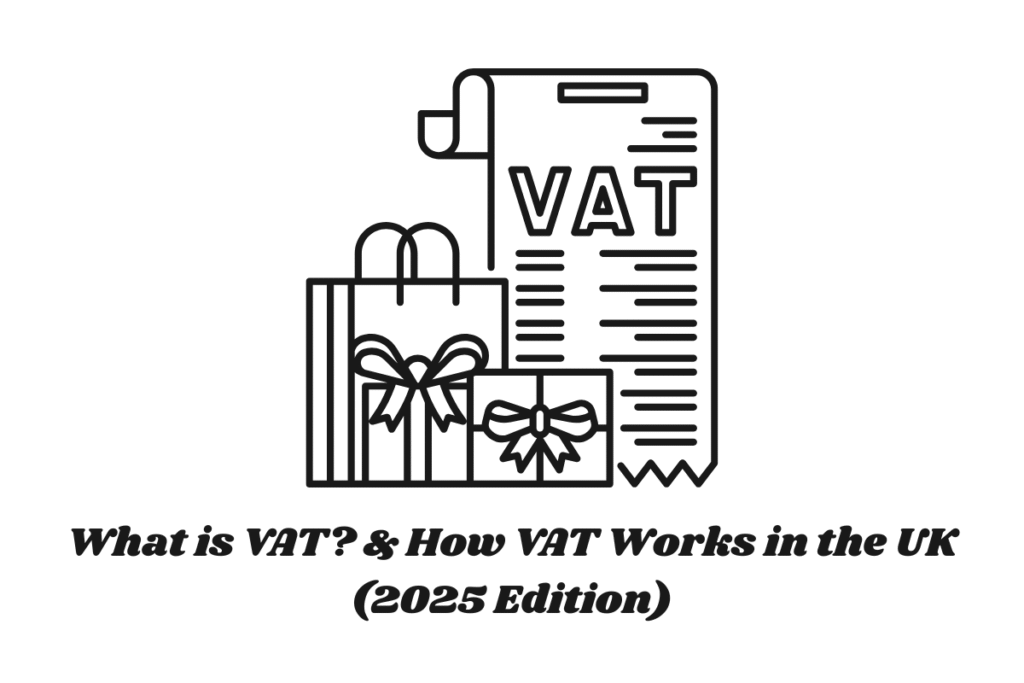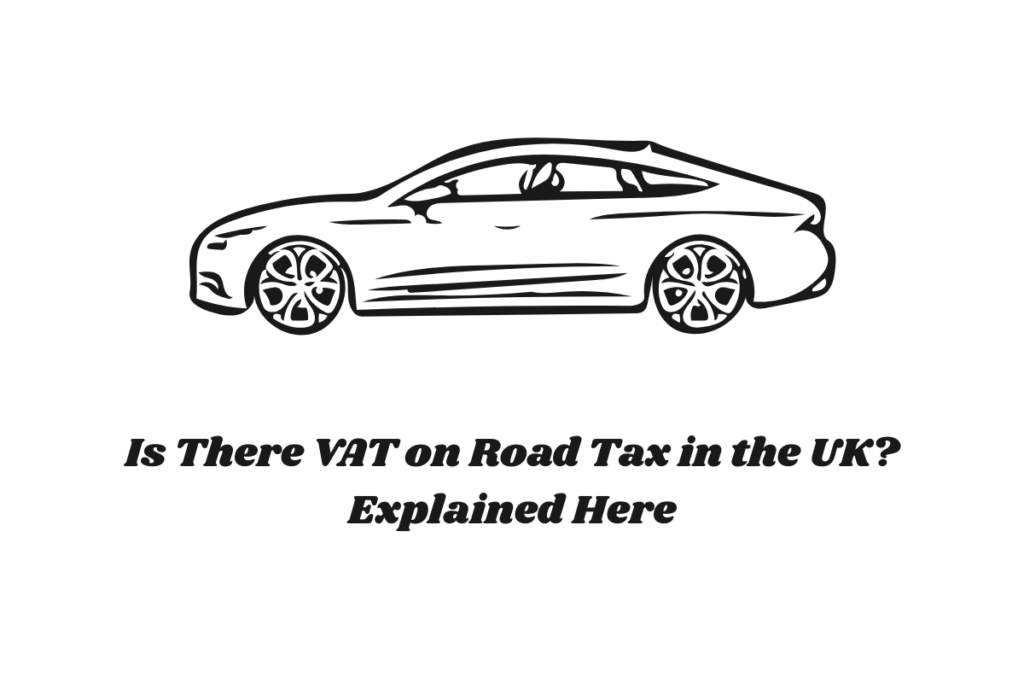Books have always been considered essential for education, culture, and knowledge-sharing. But when it comes to taxation, many people ask the same question: are books VAT exempt in the UK? The short answer is yes — but with some important exceptions and rules you need to know.
In this article, we’ll explore VAT on books in detail, answer common questions, and provide clarity based on the latest 2025 UK VAT regulations.
What is VAT and Why Does It Matter for Books?
VAT (Value Added Tax) is a consumption tax charged on most goods and services in the UK at the standard rate of 20%. However, some items are zero-rated or exempt to keep essential products affordable. Books fall into this category, but not all printed or digital content qualifies.
Summary
“VAT is a 20% tax applied to most goods, but books are given a special status in the UK to keep reading accessible and affordable.”
Are Books VAT Exempt in the UK in 2025?
Yes, books are VAT exempt in the UK. In fact, most printed books are zero-rated, which means no VAT is charged at the point of sale. This exemption covers a wide range of reading materials, ensuring that education and literacy remain accessible for everyone.
Books have been zero-rated for VAT since the UK first introduced the tax in 1973. The government argued that charging VAT on books would discourage learning and place an extra financial burden on students and families. Even after Brexit, the UK has maintained this exemption.
Summary
“In 2025, printed books in the UK continue to be zero-rated for VAT, ensuring that no extra tax is added to their price.”
Which Types of Books are VAT Exempt?
The following categories of books are VAT exempt in the UK:
- Fiction and non-fiction books (novels, biographies, reference books)
- Children’s books and storybooks
- Textbooks and academic books
- Educational workbooks (when used for learning purposes)
- Religious books (Bibles, Qurans, etc.)
- Magazines and journals (that are primarily text-based and educational)
- E-books and audiobooks (direct equivalents of physical books since the 2020 VAT reform)
Summary
“The majority of fiction, non-fiction, academic, and children’s books are zero-rated, including digital formats if they directly match physical versions.”
Read our latest and informative more article on tax and finance here:
What is VAT & How VAT works in the UK?
How Much Tax Will I Pay on Bonus in the UK?
Is There VAT on Road Tax in the UK? Explained Here
Are E-Books and Audiobooks Also VAT Exempt?
Yes, since 1 May 2020, the UK government extended the zero-rating of VAT to cover e-books, audiobooks, and other digital reading formats. This change was introduced to support literacy in the digital age and bring equality between physical and electronic publications.
However, there are exceptions. If the digital book contains interactive features, audio, or video beyond the scope of traditional reading, VAT at 20% may apply. For example, an e-book with built-in games or animations would not be VAT exempt.
Summary
“As of 2025, e-books and audiobooks that replicate physical books are VAT exempt, but interactive or multimedia publications remain standard-rated.”
Which Books Are Not VAT Exempt?
While most books qualify for VAT exemption, some do not. Common examples include:
- Atlases and maps (classified differently under VAT rules)
- Music books, sheet music, and scores
- Booklets, brochures, and pamphlets (depending on size and purpose)
- Calendars, diaries, and organisers
- Posters and wall charts
- Interactive e-books with multimedia features
Summary
“Certain items like maps, music scores, and interactive publications are not VAT exempt and may attract the standard 20% VAT rate.”
What About Imported Books – Do You Pay VAT?
If you’re importing books into the UK, VAT treatment can be different. While books are zero-rated within the UK, import VAT may apply at the border when buying from outside the UK. HMRC may still require VAT payment on imports before delivery.
For personal use, the value of the shipment determines whether VAT applies. For businesses, import VAT can usually be reclaimed if they are VAT-registered.
Summary
“Books imported from outside the UK may attract import VAT, even though books bought domestically are VAT exempt.”
Do Bundle Deals Affect VAT on Books?
Yes, bundle deals can affect VAT treatment. For example, if you purchase a book packaged with a DVD, toy, or stationery, the entire bundle may be subject to VAT because it is treated as a single taxable supply. The standard-rated item (such as a DVD) overrides the VAT exemption on the book.
Summary
“Books sold as part of a bundle with taxable goods may lose their VAT exemption, with the entire package subject to 20% VAT.”
Are Books with Additional Services Still VAT Exempt?
Sometimes, books are sold with additional services such as access to online resources, apps, or video content. In these cases, HMRC may consider the overall product a mixed supply. If the additional service is not incidental, VAT will be charged on the entire package.
Summary
“Books with add-ons such as online content or digital access may be subject to VAT, as the exemption only applies to the printed or equivalent digital book.”
Is Stationery VAT Exempt Like Books?
No, stationery is not VAT exempt. Unlike books, most stationery items such as pens, pencils, folders, and notebooks are subject to the standard 20% VAT rate. However, some items like children’s exercise books and certain educational materials may qualify for zero-rating.
Summary
“Stationery is generally standard-rated for VAT, unlike books, but some children’s educational materials can qualify for zero-rating.”
Are Printers and Printing Services VAT Exempt?
Printers and printing services are not VAT exempt. While printed books, newspapers, and journals are zero-rated, the services of printing them are subject to VAT at the standard rate. Posters, flyers, and stationery produced by printers are also standard-rated.
Summary
“Printing services and equipment attract standard VAT, but the printed books themselves remain exempt.”
How Can You Check if a Book is VAT Exempt?
The best way to check is by referring to HMRC VAT Notice 701/10: Zero-rating of books and printed matter. This official guidance provides detailed lists of what qualifies for zero-rating and what does not. Businesses should also consult the UK Trade Tariff for import rules.
Summary
“HMRC provides official guidance in VAT Notice 701/10, helping businesses and individuals confirm whether a book is VAT exempt.”
Why Does the UK Keep Books VAT Exempt?
The UK government recognises books as essential for education, culture, and personal growth. By keeping books VAT exempt, the government encourages literacy and ensures that families, schools, and students can access educational resources at a lower cost.
Even with changes in technology and digital publishing, this policy reflects the value placed on reading and learning in society.
Summary
“Books are VAT exempt because the UK government wants to promote education and literacy by keeping learning materials affordable.”
Final Thoughts – Are Books VAT Exempt in the UK?
So, are books VAT exempt in the UK? The answer is a resounding yes — printed books, e-books, and audiobooks that are direct equivalents of physical versions remain zero-rated for VAT in 2025. However, there are exceptions for items like maps, sheet music, interactive digital publications, and bundle deals that include standard-rated goods.
Whether you are a reader, student, or business selling books, it’s important to understand these rules to avoid unexpected VAT charges.
Summary
“Books remain VAT exempt in 2025, but exceptions exist for maps, sheet music, and mixed supplies, so checking HMRC guidance is essential.”
Disclaimer: The tools and content on TaxCalculatorUK are for informational purposes only and do not constitute tax or financial advice. Our calculators provide basic estimates and may not reflect the latest tax laws.
We recommend consulting a certified tax professional or the HM Revenue and Customs Dept (HMRC) for accurate guidance. TaxCalculatorUK is not responsible for any decisions made based on the information provided.


